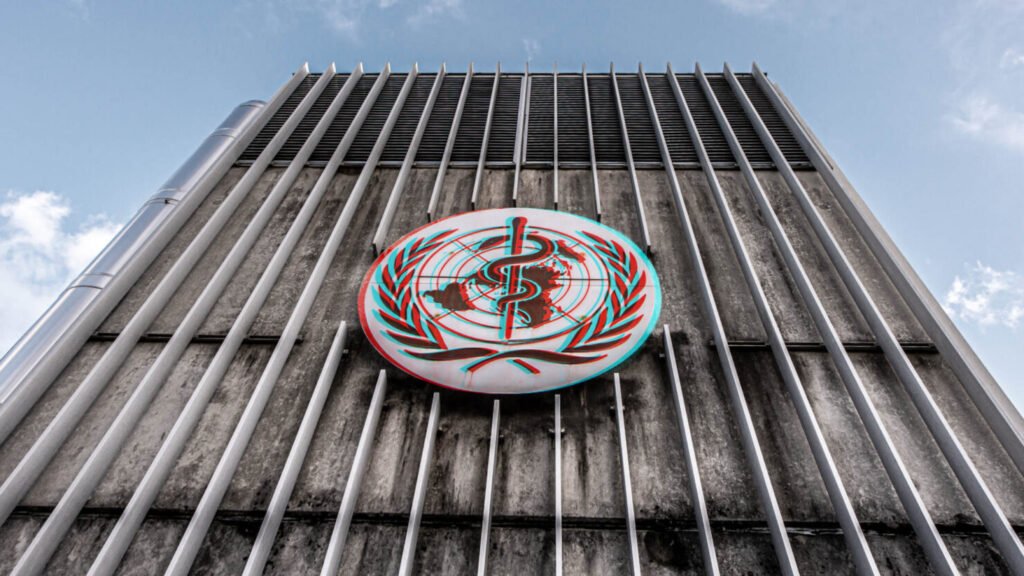Health leaders around the world are warning that quitting the World Health Organization (WHO) could lead to serious problems in global disease control. On January 20, 2025, the United States, under President Donald Trump, officially left the WHO. The decision has restarted debates about the agency’s weaknesses and the need for reform. Experts agree that the WHO has made mistakes, but say it is still an essential tool in fighting global health threats like pandemics. They are calling for reforms—not rejection.
WHO has faced past criticism
The WHO has received criticism for years. In the 2014 Ebola outbreak in West Africa, the agency was slow to act. Over 11,000 people died in Liberia, Sierra Leone, and Guinea. Health experts at the time said the delay in declaring an emergency made things worse. In 2015, several health professionals called for key reforms, including better leadership and faster response times.
The COVID-19 pandemic also highlighted the WHO’s problems. Critics said the organization waited too long to act and did not put enough pressure on China to allow an independent investigation. These concerns are real, but many experts still believe the world cannot afford to lose the WHO.
Trump administration makes bold move
On his first day back in office, President Donald Trump signed an executive order to withdraw from the WHO. His administration said the agency failed to reform and did not handle COVID-19 properly. They also pointed to political pressure from some member states, which they claim influenced WHO decisions.
This is not the first time Trump has taken this step. He announced a similar move in 2020, during his first term. However, that withdrawal was reversed by President Joe Biden before it took effect. This time, the exit is more serious. Experts say it will likely last until at least 2029.
Withdrawal affects WHO funding and leadership
The U.S. has been one of the largest funders of the WHO. It contributed about 15 percent of the agency’s total budget. Losing this money has already led to a hiring freeze and budget gaps. These problems make it harder for the WHO to carry out its programs and respond to global emergencies.
Some health officials fear that more countries may follow the U.S. path. Argentina has already announced its plan to leave, citing concerns similar to those raised by the Trump administration. Experts say that if more countries exit, the WHO may not survive.
WHO responds to decision
After the U.S. withdrawal, WHO Director-General Tedros Adhanom Ghebreyesus said the agency regrets the move. He explained that the WHO plays a key role in protecting people’s health across the world, including in the United States. Two weeks later, he again expressed hope that the U.S. would reconsider its decision.
Still, the political environment remains tense. Health experts outside the U.S. are trying to show support for the WHO, but the agency is under pressure. Without U.S. funding and leadership, progress on reforms has stalled. WHO staff are now focusing on budget and operations just to keep things running.
Reforms are needed, not rejection
Experts agree that WHO needs reform. Suggestions include limiting leadership terms, reducing political influence, and focusing on fair access to health care. However, many say that real reform cannot happen without the support and involvement of major countries like the U.S.
One global health expert from Harvard said that current discussions about the WHO feel directionless without the U.S. being part of the process. The absence of strong support has turned attention away from reform and toward solving short-term problems like funding gaps.
WHO remains essential in a connected world
Despite its flaws, the WHO has been the world’s main health body for over 70 years. It has coordinated responses to outbreaks, provided vaccines, and helped countries prepare for emergencies. With new threats like bird flu emerging, experts say we need more global cooperation—not less.
Some observers worry that abandoning the WHO now could leave the world vulnerable to future health crises. They say the answer is to fix the system, not walk away from it. Reforming the WHO will take time and effort, but that is better than starting from scratch.

